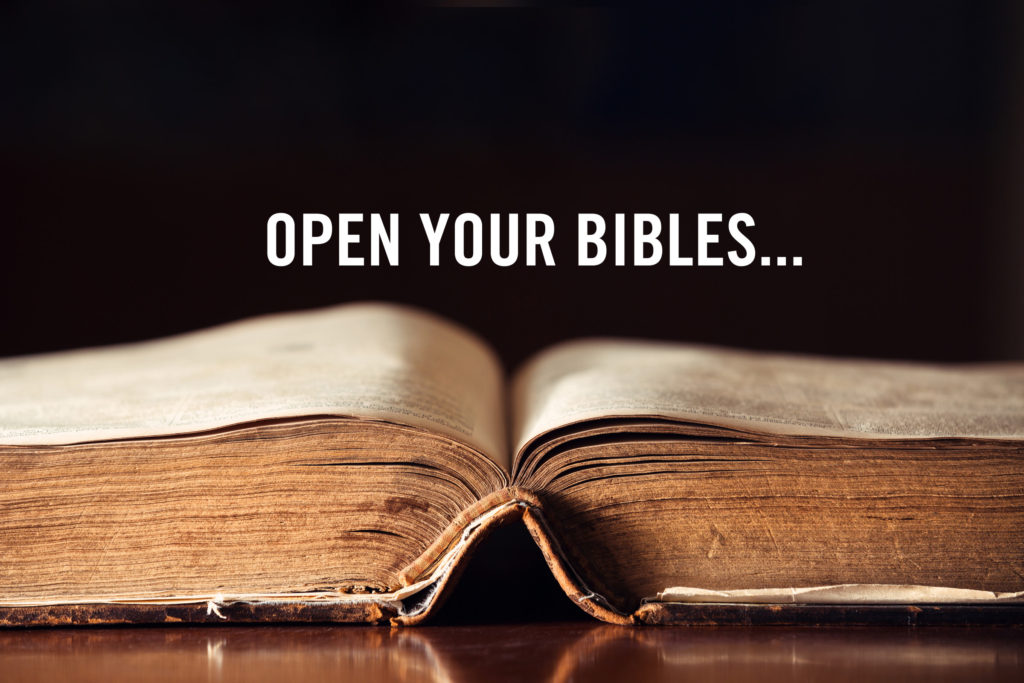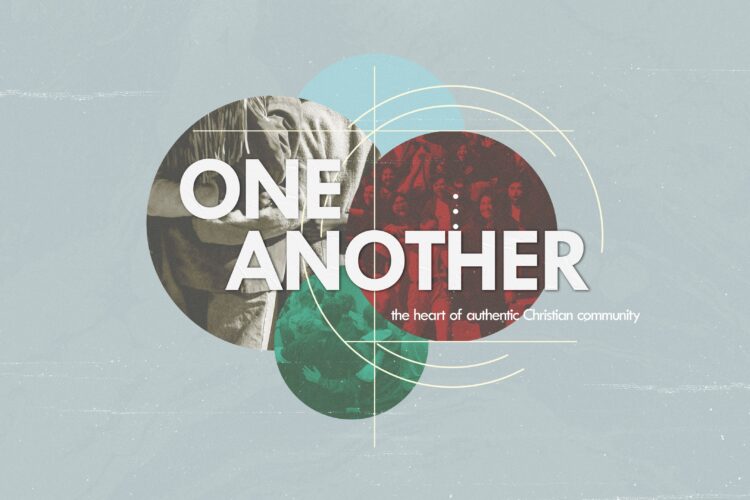Forgive One Another
Offenses are an inevitable part of life; it’s not a matter of if they will come, but when. As we navigate through relationships and daily interactions, we will inevitably face moments of hurt and disappointment. Colossians 3:13 reminds us to forgive one another, just as the Lord forgave us. In this sermon, we will explore the powerful example of Nelson Mandela, who forgave his oppressors despite immense suffering. When we choose to forgive, we experience the dual outcomes of sorrow and release: sorrow for the pain and injustice, and release from the emotional and mental prison that unforgiveness creates. Join us as we delve into the transformative power of forgiveness and learn how to set ourselves and others free.

Colossians 3:13
Discussion topics
- Can you recall a time when you were deeply hurt by someone? How did you initially respond, and what impact did it have on you emotionally and spiritually? How does the concept that offenses are inevitable (not if, but when) change your perspective on dealing with hurt and forgiveness?
- Discuss the four areas we can go to after confession: Legalistic, Permissive, Skeptical, or Restorative. Which one do you find yourself gravitating towards, and why?
- How can we cultivate a restorative approach within our community, encouraging others to heal and grow after they confess their wrongs?
- Reflect on Colossians 3:13. What does it mean to forgive as the Lord forgave you? How does this standard impact your view of forgiveness?
Check out our other audio series and video playlists that can help you find Jesus in every moment and then discover what’s next
Podcast: Play in new window | Download
Subscribe: RSS


Recent Comments